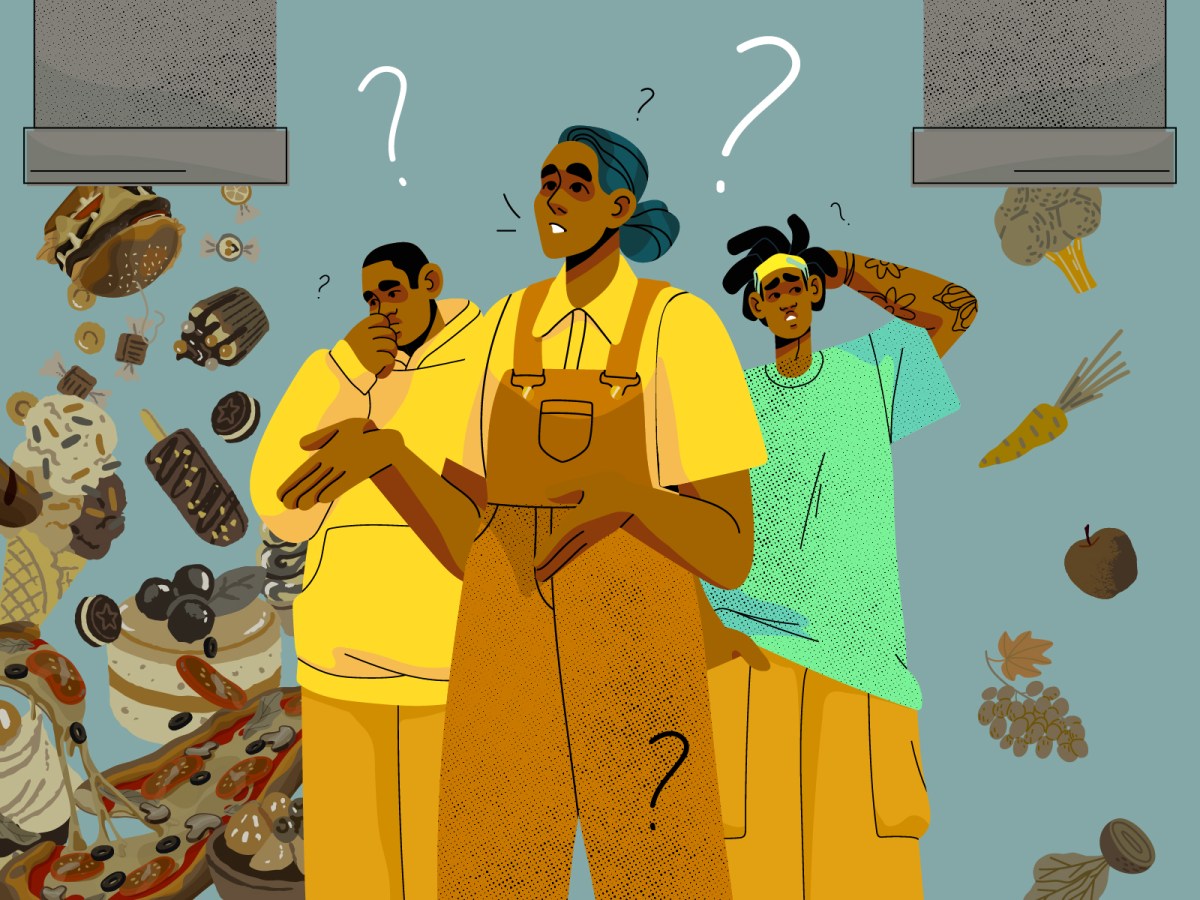Food insecurity is a serious issue impacting the health and wellbeing of Minnesota families. In 2022, food shelf visits hit a record high in our state, with nearly 2 million more visits than in 2021. Inflation, which has significantly increased the cost of groceries, coupled with the end of programs designed to provide support to families during the COVID-19 pandemic, has put additional hardship on families struggling to make ends meet.
Communities in which there is already a lack of healthy affordable foods have been disproportionately impacted by the rising cost of groceries. Black, Indigenous, immigrant and communities of color along with rural and low-income communities are more likely to be categorized as food deserts. Food deserts are regions where people have limited access to healthy and affordable food. In many communities, the foods and drinks that are most affordable and available are also the ones that are the least nutritious.
Food deserts are a biproduct of racism and systemic injustice in our food systems. Colonization, slavery, segregation, redlining, and underinvestment in marginalized communities have contributed to a divide between those who with access to healthy, affordable foods and those without. The Lincoln Park neighborhood of Duluth, Minnesota is a USDA recognized food desert, with no grocery stores or affordable, nutritious foods in the immediate area. Community members and local organizations have come together to address the urgent state of food insecurity in the neighborhood.
Lincoln Park Children and Families Collaborative (LPCFC), a nonprofit organization, is increasing efforts to address food insecurity and empower community members to thrive. LPCFC works to support children and families by connecting them to resources and opportunities and empowering residents through community building in order to co-create a thriving and equitable future.
With funding from the Center for Prevention at Blue Cross and Blue Shield of Minnesota, LPCFC helped to form a coalition of people living in Lincoln Park to identify and address issues that are important to residents. To accomplish this, LPCFC recruited and trained residents to work as community organizers and to strengthen their leadership skills. Organizers then engaged in canvassing and community conversations to collect survey data and identify issues important to neighborhood residents.
Through this process, LPCFC identified that access to food and hygiene products were a priority issue for Lincoln Park community members. In response, LPCFC staff and volunteers began organizing grocery and hygiene supply giveaways, hosting community meals, and working towards policy and systems changes to increase food security.
“Residents surveyed reported that they had trouble accessing healthy food, and access to healthy foods was listed as the number one problem facing Lincoln Park residents,” said Jodi Broadwell, Executive Director of LPCFC. “The Grocery Give Away is a monthly event that is open to the community where thousands of pounds of free food and hygiene products are given away. We receive the items through membership with Second Harvest Northern Lakes Food Bank.”
Monthly Grocery Give Away events are organized by LPCFC and staffed by volunteers. Volunteers, many of whom are Lincoln Park residents, work to create a welcoming and judgment free environment that is accepting of anyone in need. “We know that trucking in food is not a permanent solution to our neighborhood food insecurity issues, but we’ve realized, based on what Coalition and community members are sharing with us, is that we need to do this until more permanent solutions are enacted because people are hungry,” said Broadwell.
The response to the Grocery Give Aways has been overwhelming. Lines of people waiting for groceries can be seen around the block. Hundreds of community members attend, and for many, especially unhoused individuals, this is one of the few places they can receive food without a state I.D. LPCFC is also working with local organizations to support the creation of a neighborhood market and advocating for a permanent grocery store with the City of Duluth. Long term Policy, Systems, and Environmental (PSE) change is a key focus of LPCFC in the battle against food insecurity.
Empowering community members as leaders, organizers, and advocates is central to creating a healthy future in Lincoln Park. Through coalitions, such as the Rise to Health Power Coalition and Youth Against Commercial Tobacco, Lincoln Park community members are supported in learning about policy making, governance, and systems change. LPCFC takes coalition members to the capital each year to learn more about how policy directly affects communities and encourages them to speak up for change.
“We have a vision of creating strong, thriving, and equitable communities in the Lincoln Park neighborhood. By supporting the community now, we are building a strong community for the future,” said Broadwell. LPCFC is committed to meeting the immediate needs of community members, and working long term to actualize systems change to create a healthy, just, and food secure neighborhood.
MORE SPONSORED CONTENT BY BLUE CROSS AND BLUE SHIELD OF MINNESOTA
Understanding and Improving Black Maternal Health
This week marks the seventh annual Black Maternal Health Week, organized by the Black Mamas Matter Alliance. Held each year from April 11-17th, the week focuses on building “awareness, activism, and community-building to amplify the voices, perspectives and lived experiences of Black Mamas and birthing people.” The state of maternal healthcare and birth equity is…
Advancing racial and health equity through oral healthcare
As February comes to a close, so does the American Dental Association’s National Children’s Dental Health Month. This month is dedicated to promoting the benefits of good oral health to children, their caregivers, teachers and the broader community. One of the main risks of poor oral health is its association with other chronic diseases such…
Eliminating Barriers to Healthy Eating for East African and Somali Community Members in Saint Cloud
Central Minnesota Community Empowerment Organization (CMCEO) is on mission to eliminate barriers to healthy eating and increase the availability of culturally relevant foods for East African and Somalian community members in Saint Cloud Minnesota. CMCEO is a non-profit organization dedicated to empowering immigrant communities and people of color in Central Minnesota. CMCEO aims to address…





